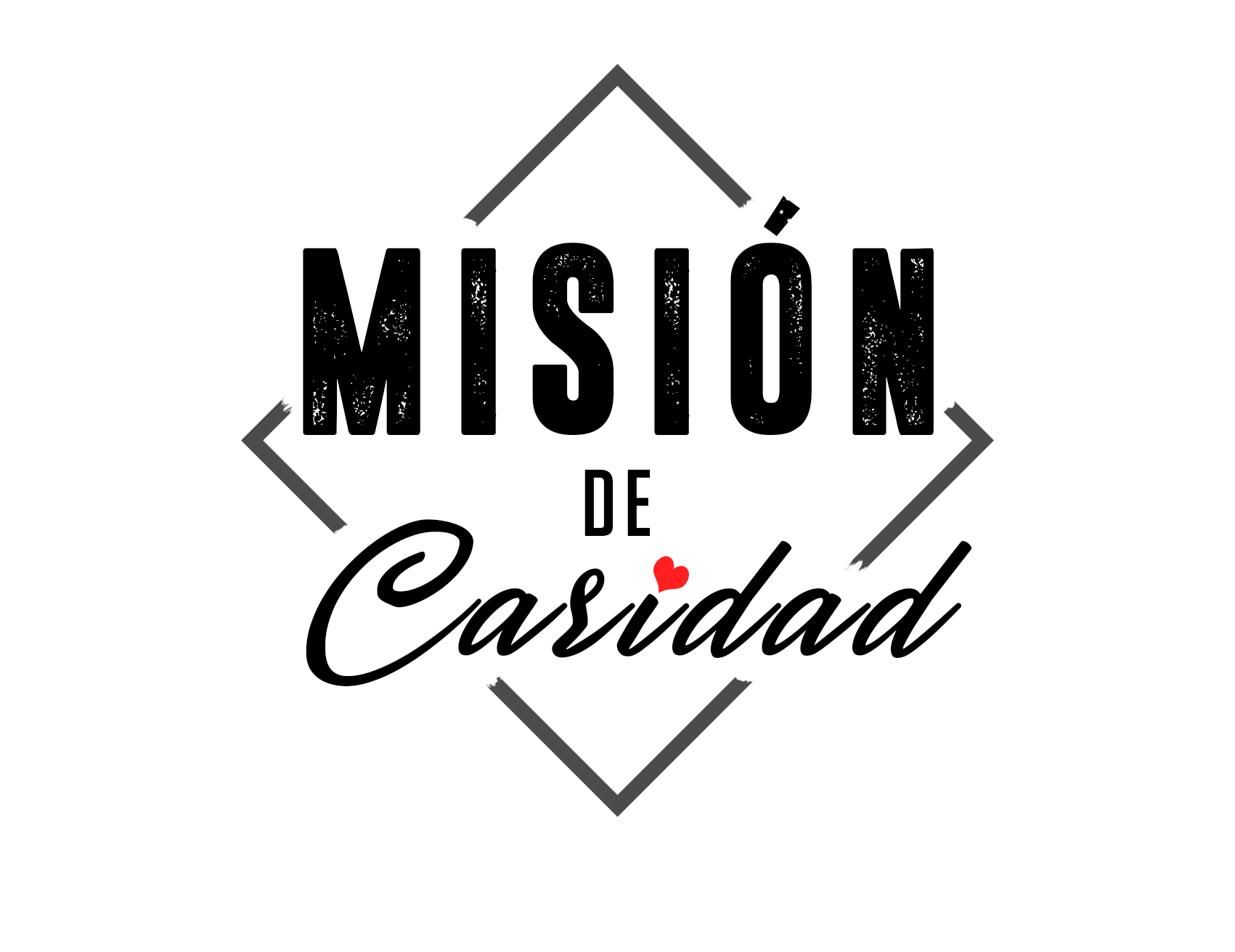Good Nutrition
Extreme poverty makes it very difficult for families to access healthy food. Low prices for junk food and soda make them the cheapest ways to get calories. Even if people could afford better quality food, there are no grocery stores that sell fruits or vegetables in the community. Furthermore, many homes lack refrigerators and so they cannot properly store fresh food.
Many families don’t know how to identify nutritious foods or why it is important to eat healthy and balanced meals. Unhealthy diets in the community lead to health issues including nutrient deficiencies, obesity, poor mental health, diabetes. and more. In April of 2021, the analysis from our medical fair indicated that 76% of the women were overweight. In addition to physical health challenges, many women in the community struggle with depression and anxiety. Lack of health insurance and access to affordable care makes it difficult or even impossible to identify and address health problems.
We have a variety of programs that empower our community members to have healthy bodies and healthy minds:
Feed-a-Family Grocery Program
Our Feed-A-Family program provides 7-10 days worth of healthy groceries to families every month. Our food program reduces food insecurity in the community and is just one part of our effort to improve the health and wellness of the families in the community. The groceries include milk, eggs, lean meats (beef, chicken, turkey, and tuna), fresh vegetables (celery, lettuce, tomatoes, zucchini, avocados, potatoes, carrots, and onions), fresh fruits (apples, bananas, oranges, pears, mango), and dry goods (oatmeal, oil, bread, beans, and rice).
In order to concentrate our resources on empowerment with the goal of helping families to become self-sufficient, families must attend our other health and education programs to receive food. This system ensures our members understand the benefits of eating healthy and also builds community as the families interact with each other over this common experience.
Healthy Meals at Casa Esperanza
Each school day and at our Super Saturday community events, we serve a hot meal and provide nourishing, healthy snacks. Our nutritionist works with the kitchen staff (many of whom are cherished MdC community members!) to create balanced, nutritious meals. To address deficiencies, we incorporate either milk or yogurt into every meal as well as healthy portions of fruits and vegetables. These creative chefs have our young students trying all sorts of new foods. And the real miracle is seeing them create meals for 60+ students and teachers in our tiny kitchen space!
Access to Clean Drinking Water
Lack of access to clean water forces families in the communities we serve to choose between buying water or going without. Proper hydration is essential in San Luis RC, where summer temperatures regularly top 110°F. Drinking unclean water also carries health risks. Tap water in Mexico can be polluted with bacteria, viruses and parasites, in additional to chemicals and/or heavy metals, all of which are extremely dangerous for the people we work with, who have limited healthcare.
A common substitute for water in Mexico is Coke because the cost is similar and the cultural perception is that it is more refreshing. However, this also causes health problems because of soda’s high sugar content. In the communities we serve, we see a high prevalence of cavities, obesity, and diabetes that is linked to high soda consumption.
In the Besitos community, where most of the families in our program reside, we run a water filling station that is open five days a week. We provide between 1-5 jugs per family and they come to the station to fill them when they are empty. We charge a nominal 2 pesos (10¢ USD) per jug, but if they cannot afford it, we provide the water at no charge.
Semi-Annual Medical Fairs
How To Help
To support us in providing healthy food to families in Mexico, please consider donating to MdC. We spend $7,000 per month on healthy school meals ($125 per child). Our Feed-a-Family grocery program costs $5,500 per month.
You can donate by clicking the link below.
If you would like to support our medical fairs, either with funds, in-kind donations or by volunteering your time and/or medical expertise, please reach out to info@mdcaridad.org, Attn: Medical Fair Team








